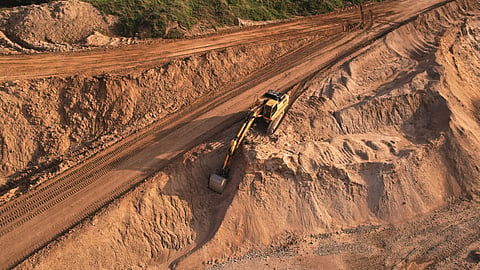

NEW DELHI: No prior environment clearance (EC) is required for extraction of ordinary earth below the threshold level of 20,000 cubic metre for linear projects such as roads and pipelines, according to a fresh notification issued by the Ministry of Environment, Forest and Climate Change (MoEFCC).
Environmentalists rue that such level of soil excavation may cause largescale damage around such projects. Soil excavations will lead to soil erosion, and rain or wind can turn the once stable areas into vulnerable zones, they say.
An earlier government notification issued on March 28, 2020, during the Covid-19 lockdown, said that prior environmental clearance will not be required for “extraction or sourcing or borrowing of ordinary earth for linear projects such as roads and pipelines, and for dredging and desilting of dams, reservoirs, weirs, barrages, river and canals for their maintenance, upkeep and disaster management.”
The notification was questioned by the National Green Tribunal on October 28, 2020, which directed the ministry to bring in environmental safeguards to such excavations. The NGT asked the MoEFCC to revisit the notification within three months.
Following this, the MoEFCC issued standard operating procedures for excavation of ordinary earth from borrowed areas for linear projects. The government issued two different memorandums regarding the enforcement of the SOP and on environmental safeguards on August 8, 2022 and July 12, 2023 respectively.
However, in March 2024, the Supreme Court struck down the March 28, 2020 notification, terming it “arbitrary” and saying that it may damage the environment. The top court said that the notification was made in “undue haste” without public consultation during the Covid-19 lockdown.
A bench of Justices AS Oka and Sanjay Karol had termed the environment ministry’s notification “unguided and arbitrary” as it was issued in “public interest” when the nation was under a lockdown.
The Central government had imposed the first nationwide lockdown on March 25, 2020 and the environment ministry’s notification was issued on March 28, 2020.